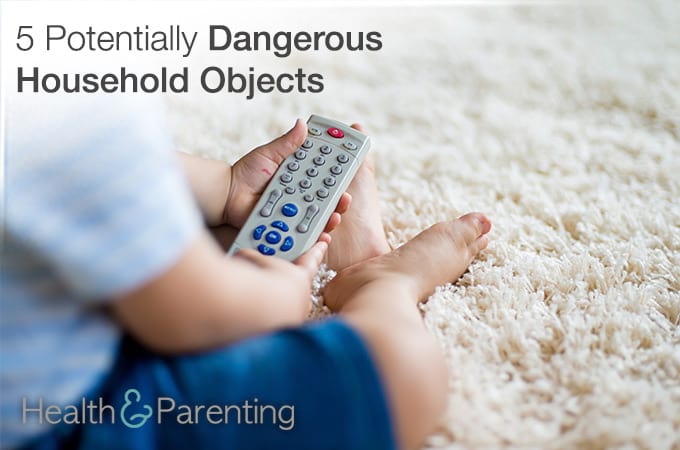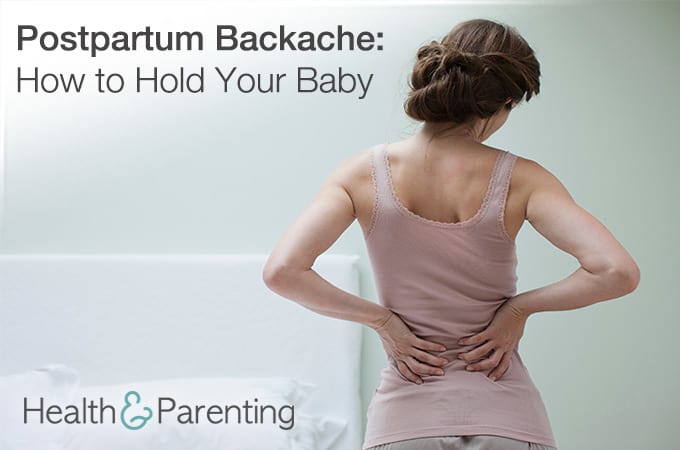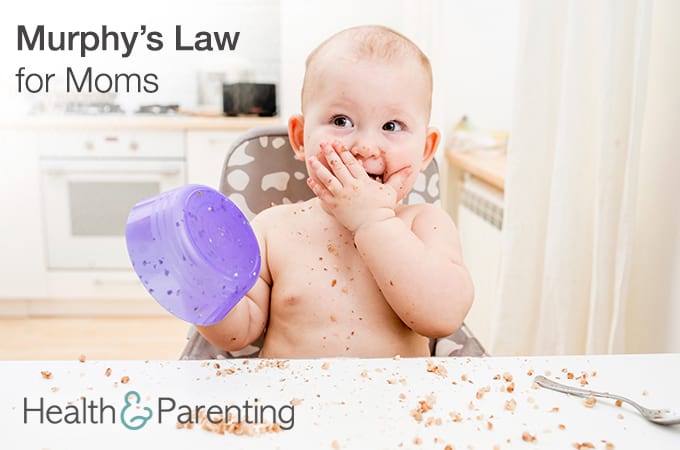Your home is a huge play center filled with things to climb, explore and play with. Or, at least, it seems that way to your baby. Now that your baby is growing older, you need to make sure your home is child-proofed to provide a safe environment for your baby to play in. Here are five potentially dangerous household objects you probably shouldn’t let your baby play with:
- Remote Controls
You could spend a small fortune on the brightest and best baby toys on the market, but your baby’s favorite toy would still be the remote control. Why? Nobody knows, but your baby will want to play with it until it has been chewed beyond repair. Your baby may disagree, but remote controls do not make great toys for babies. Many contain batteries which can be dangerous to small children and some contain lithium button batteries which can be fatal if swallowed by unsuspecting children.
- Handbags
Your baby probably loves nothing more than delving deep into your handbag. Whilst this might be fine for you, it’s a habit you should try and put an end to. Strangers might not take so kindly to your baby crawling off with their wallets and keys. You never know what will be in a person’s bag. Your baby could easily stumble across painkillers, a sewing kit or cigarettes.
- Furniture
Once your baby becomes mobile, he’ll be exploring each and every corner of your house. One of the biggest dangers for your child could be your furniture. After all, to your baby, this is nothing more than an indoor playground. As soon as he masters climbing, your baby will be able to reach high up places and potentially knock things over. It’s important to make sure all of your big furniture items are bracketed to the wall to prevent them from falling. You should also fix your television and other big objects to the wall with safety devices. Think of all the things your baby could pull over and work out how to prevent potential accidents.
- Stairs
Once your baby becomes mobile, he will start working on the stairs. He’ll crawl up them, toddle down them and generally try to master the skills necessary for using the stairs. This is fine as long as you’re there to keep him safe. In fact, it’s a good thing for him to learn how to safely use the stairs. However, the stairs can pose a risk if your child is left unattended. To avoid unnecessary tumbles, make sure you have stair gates fitted at both the bottom and top of the staircase.
- Your keys
Babies love to play with keys. They’re noisy, heavy and fun to shake. However, they could also be hiding an array of germs and dirt that really shouldn’t end up in your baby’s mouth. Keys can also have sharpish edges that could be dangerous if used as a toy. If your baby tries to play with your keys, offer a distraction in the form of another toy or game.
Written by Fiona (@Fiona_Peacock), mother, writer and lover of all things baby related.
This information is not intended to replace the advice of a trained medical doctor. Health & Parenting Ltd disclaims any liability for the decisions you make based on this information, which is provided to you on a general information basis only and not as a substitute for personalized medical advice. All contents copyright © Health & Parenting Ltd 2016. All rights reserved.
















